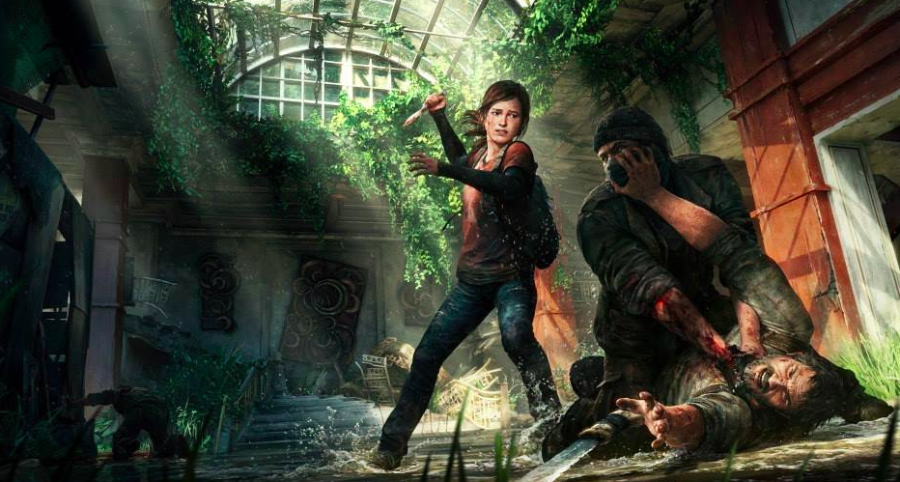Two years later: The Last of Us
I’m not into video games; this article will most definitely be my first and last concerning them.
Last semester, with exams approaching and summative assessments coming to a close, I decided to dust off my Playstation 3. It had been untouched for eighteen months. I’ve considered selling it because of the releases of the Playstation 4 and XBox One, the two behemoths in the new console generation.
But,
The Last of Us was released to worldwide awe in 2013. It is the most awarded video game in recorded history by critics. So much praise has been given to this game that it’s pointless to compliment it further. Although my initial reaction is to call out the game as overrated (I’m that guy) I’ve played the game eight times, nearly sixteen hours every time. I can’t condemn it, albeit I’ve tried. Also, I have a Naughty Dog sticker, the game’s developer, dead center on my old laptop.
Like Louie, The Last of Us blends two things, gameplay and narrative–in both cases resulting in something outstanding. Along with other franchises, the Grand Theft Auto and Call of Duty series seem to exclusively abide to gameplay. On the other hand, the focal point of games such as Heavy Rain and Walking Dead is telling a captivating story. With this merge, The Last of Us is more immersive and compelling, hence making the game as enjoyable the ninth time as the first.
The plot of The Last of Us mimics Cormac McCarthy’s The Road, a Pulitzer Prize winning post-apocalyptic novel. It’s the journey of two people, a young teenager with his father figure, through post-apocalyptic United States. However, there are zombies in The Last of Us. The premise alone suggests that this game isn’t easy to complete. The game terrifies players, questions their morality, and kills any and all hope for the players. I would stare at my ceiling after countless hour long sessions, wondering if humans were that awful (which, by the way, they are).
The Last of Us examines dehumanization in horrifying extremes. A Clockwork Orange now seems a bit easier to watch after playing the game. My first time picking up the controller, I had faith that Joel and Ellie would surpass their struggles and end happily. Yet, these aren’t “good” people that necessarily deserve happy endings. You play as characters with very ambiguous moral compasses. They’ve been beaten down by the apocalyptic environment, committed unspeakable acts of violence, and gone through immeasurable loss. What’s baffling is even beyond all that murder and brutality, I still rooted for these characters.
I couldn’t care less when Tony Stark was “dying” in Iron Man 2. He’s a comic strip character that Marvel couldn’t afford to kill off. These superheros aren’t identifiable with their exceptional abilities and unbelievable strict moral conduct. In the Last of Us, the player has no choice but to follow through with the game’s intentions; after all, it’s a linear narrative. A player journeys with a video game’s characters and grows with them. In The Last of Us, the player deteriorates and loses his or her optimism. The game drags on one emotionally, a unique experience that I don’t expect to re-encounter.
Don’t think of this article as a review to incentivize readers to play this game (although they should). I just needed to get my thoughts on this game out of my system. I couldn’t afford to lose another sixteen hours in the midst of finals next semester.

This is Thomas' second year in the Talon as an Entertainment Writer. His hobbies, aside from writing mediocre poetry and stellar shopping lists, include,...











